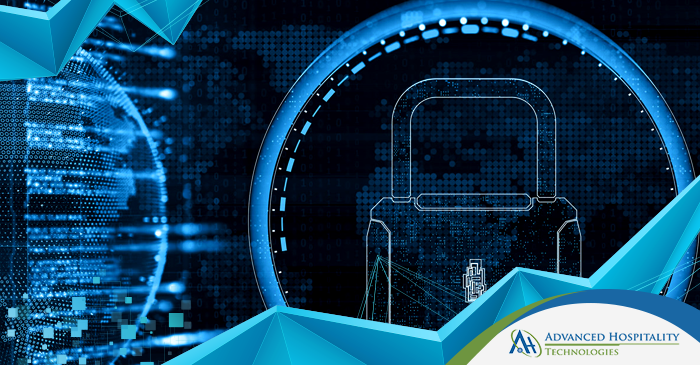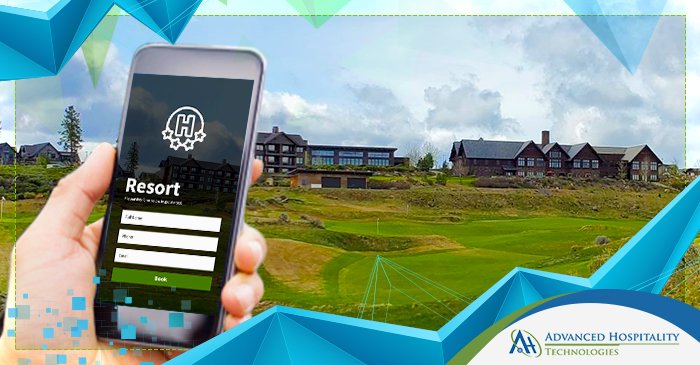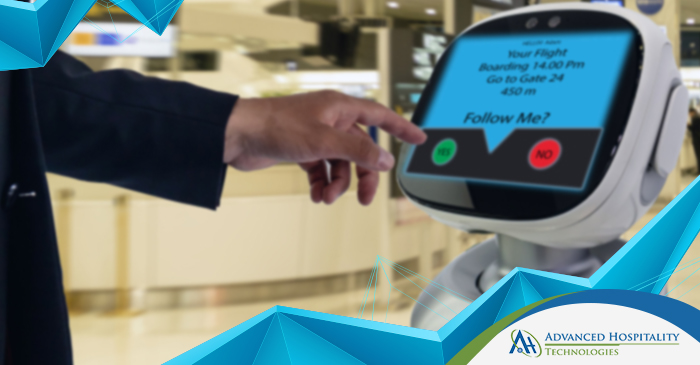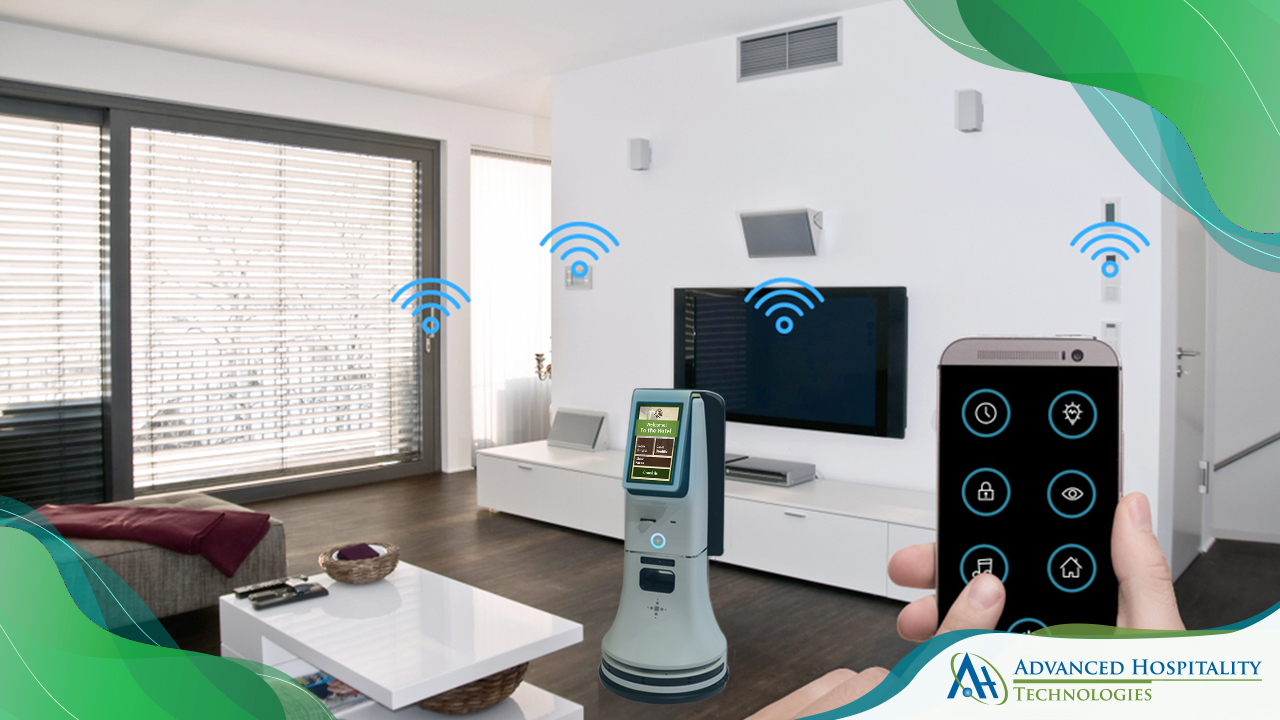Introduction
In the digital age, hotels handle vast amounts of sensitive data, from personal guest information to payment details and reservation histories. This data is not only vital for delivering personalized services but also a prime target for cybercriminals. With the increasing frequency and sophistication of cyberattacks, it has become crucial for hotels to establish and enforce strong technology policies that prioritize data protection. This blog post will delve into the critical role these policies play in safeguarding hotel and guest data, outlining the key components of an effective data protection strategy.
The Growing Need for Data Protection
The hospitality sector faces unique challenges when it comes to data protection. Hotels handle a wide range of sensitive information, from credit card details to personal preferences. This wealth of data makes them attractive targets for cybercriminals. In recent years, several high-profile data breaches have highlighted the vulnerability of hotel systems.
Moreover, the rapid digitization of hotel operations has expanded the potential attack surface. Mobile check-ins, IoT devices, and cloud-based property management systems offer convenience but also introduce new security risks. As a result, the need for comprehensive data protection measures has never been greater. Technology policies play a crucial role in addressing these challenges and mitigating risks.
The Role of Technology Policies in Data Protection
Technology policies form the backbone of a hotel’s data protection strategy. These policies outline the rules, procedures, and best practices for handling sensitive information. They provide a framework for employees to follow, ensuring consistent and secure data management across all departments. Effective IT policies in hotels cover various aspects of data protection, from access controls to incident response plans.
Furthermore, technology policies help create a culture of security awareness within the organization. By clearly communicating expectations and responsibilities, these policies empower employees to become active participants in data protection efforts. Regular training and updates on technology policies keep staff informed about the latest threats and mitigation strategies. This proactive approach significantly reduces the risk of data breaches caused by human error.
Components of a Strong Data Protection Policy
A comprehensive technology policy for hotels should address several key areas. First and foremost, it must outline clear guidelines for data collection, storage, and disposal. This includes specifying which types of data can be collected, how long they should be retained, and secure methods for data destruction. Additionally, the policy should detail access controls, ensuring that only authorized personnel can view sensitive information.
Another crucial component is network security. The IT policy in hotels should define standards for firewalls, encryption, and secure Wi-Fi networks. It should also address the use of personal devices and remote access protocols. Moreover, a strong policy includes guidelines for software updates and patch management to protect against known vulnerabilities.
Incident response is another vital element of technology policies. This section outlines the steps to be taken in case of a data breach or cyberattack. It should identify key personnel, communication protocols, and procedures for containing and mitigating the impact of an incident. By having a well-defined incident response plan, hotels can minimize damage and recover more quickly from security events.
Compliance with Data Protection Regulations
Technology policies play a crucial role in ensuring compliance with data protection regulations. Many countries have introduced strict laws governing the collection, storage, and use of personal data. For instance, the European Union’s General Data Protection Regulation (GDPR) imposes significant obligations on businesses handling EU citizens’ data. Similarly, the California Consumer Privacy Act (CCPA) affects hotels operating in or serving customers from California.
To meet these regulatory requirements, hotels must align their technology policies with applicable laws. This involves implementing appropriate technical and organizational measures to protect data. It also means ensuring transparency in data collection practices and respecting individuals’ rights regarding their personal information. By incorporating these requirements into their IT policies, hotels can demonstrate compliance and avoid potential legal and financial consequences.
Implementing Technology Policies in Hotels
Developing strong technology policies is only the first step. Effective implementation is crucial for realizing the benefits of these policies. Hotels should start by conducting a thorough risk assessment to identify vulnerabilities in their current systems and processes. This information can then guide the development or refinement of technology policies tailored to the hotel’s specific needs.
Training is a critical aspect of policy implementation. All employees, from front desk staff to management, should receive regular training on the hotel’s technology policies. This training should cover basic cybersecurity practices, data handling procedures, and incident reporting protocols. Additionally, hotels should consider appointing a dedicated data protection officer to oversee policy implementation and ensure ongoing compliance.
Regular audits and updates are essential for maintaining the effectiveness of technology policies. As new threats emerge and regulations evolve, hotels must adapt their policies accordingly. This may involve updating software, revising procedures, or implementing new security measures. By treating technology policies as living documents, hotels can stay ahead of potential risks and maintain robust data protection practices.
Conclusion
In an era where data breaches can severely damage a hotel’s reputation and bottom line, strong technology policies are no longer optional—they’re essential. These IT policies in hotels provide a comprehensive framework for protecting sensitive information, ensuring regulatory compliance, and fostering a culture of security awareness. By implementing and regularly updating their technology policies, hotels can safeguard their guests’ data, maintain trust, and stay competitive in an increasingly digital landscape. As the hospitality industry continues to evolve, the role of robust technology policies in data protection will only grow in importance.




